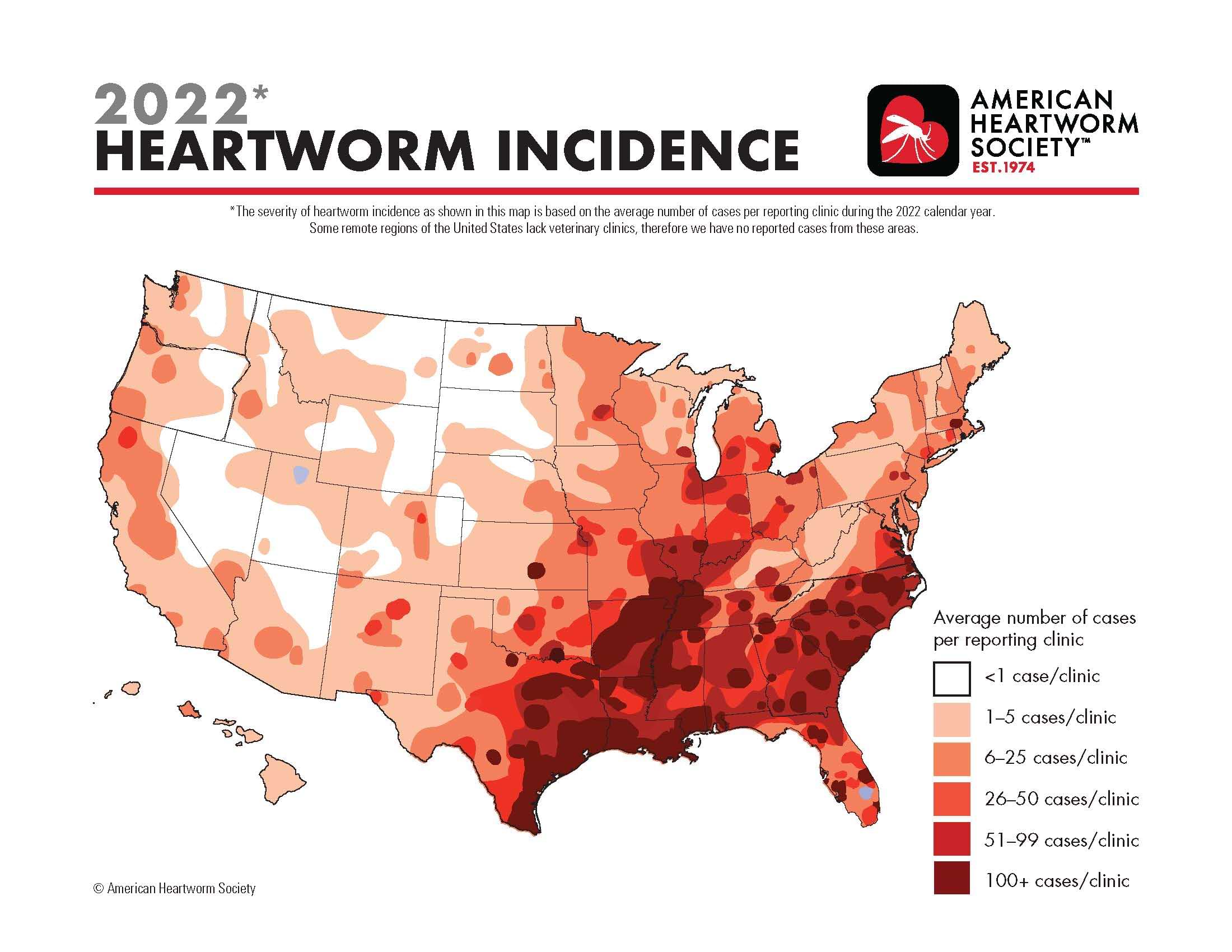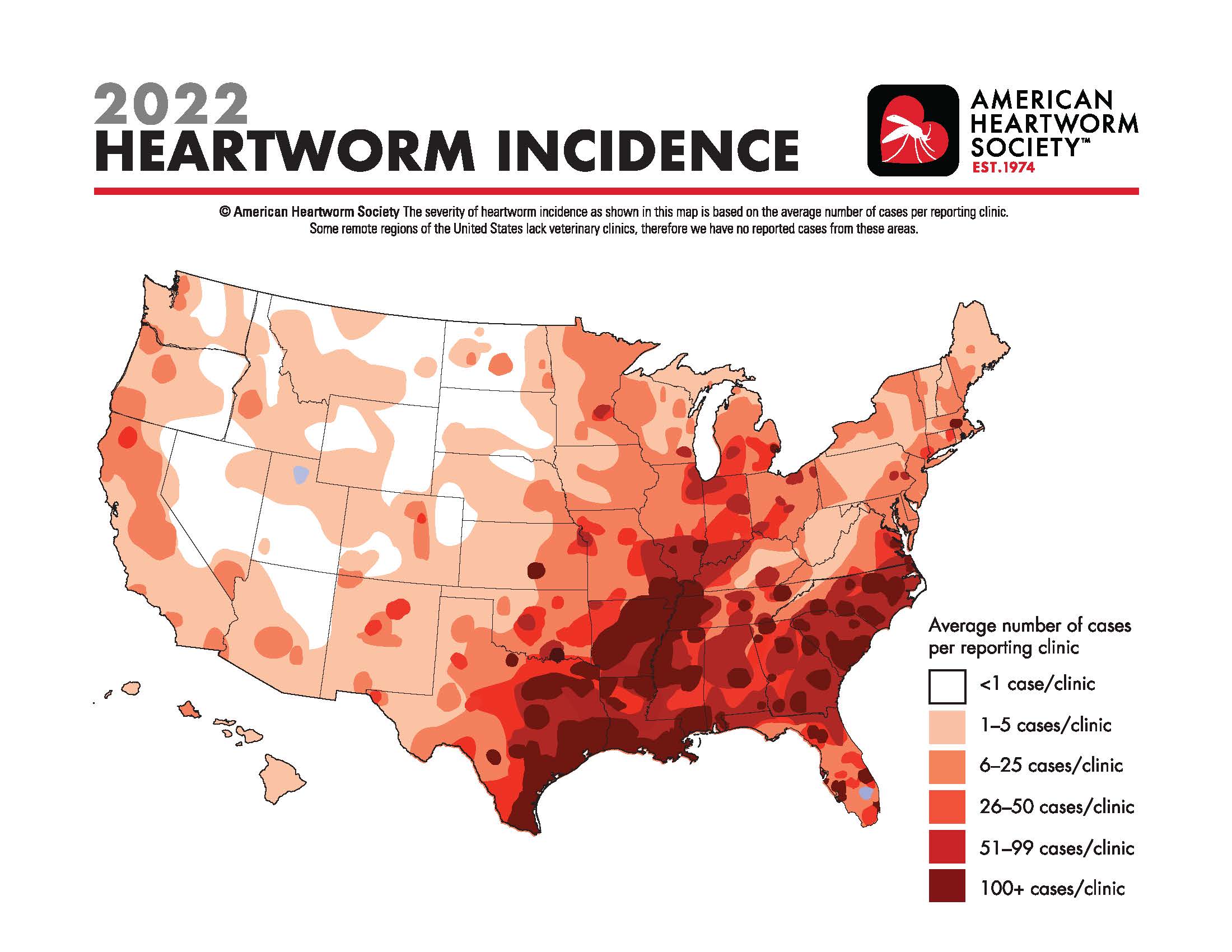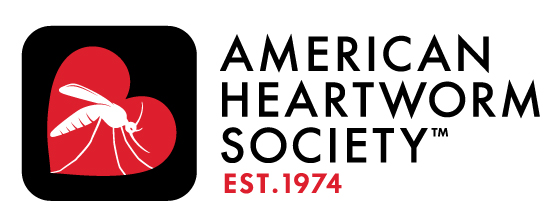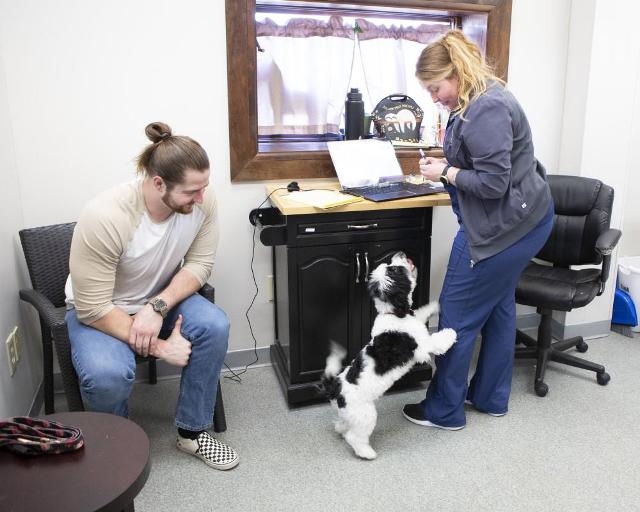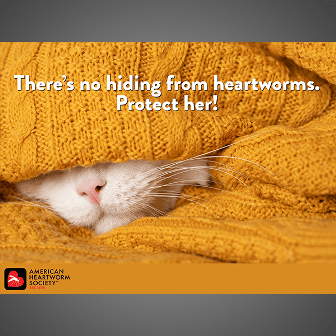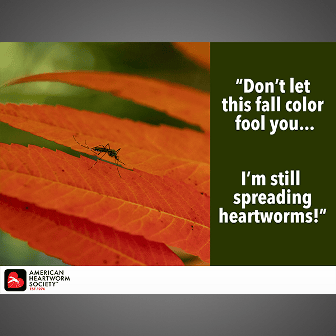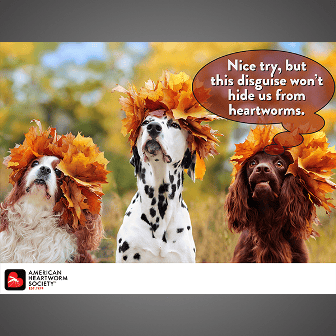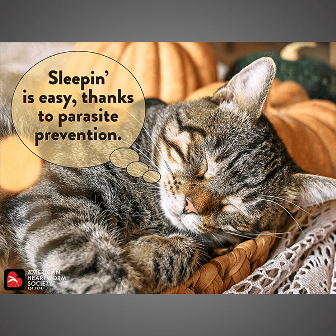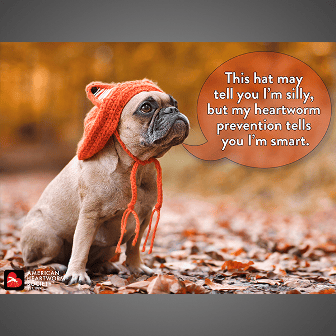Parasite can be spread by mosquitoes biting infected pets, then other animals
Dog owners on Prince Edward Island are being encouraged to take precautions to protect their animals from heartworm, as the number of cases takes a big jump.
"We test about 150 dogs per year for canine heartworm, and in the last about five years we've seen that about 50 per cent of the samples that we get are positive for heartworm," said Dr. Nina Germitsch, a veterinary parasitologist based at the Atlantic Veterinary College in Charlottetown.



